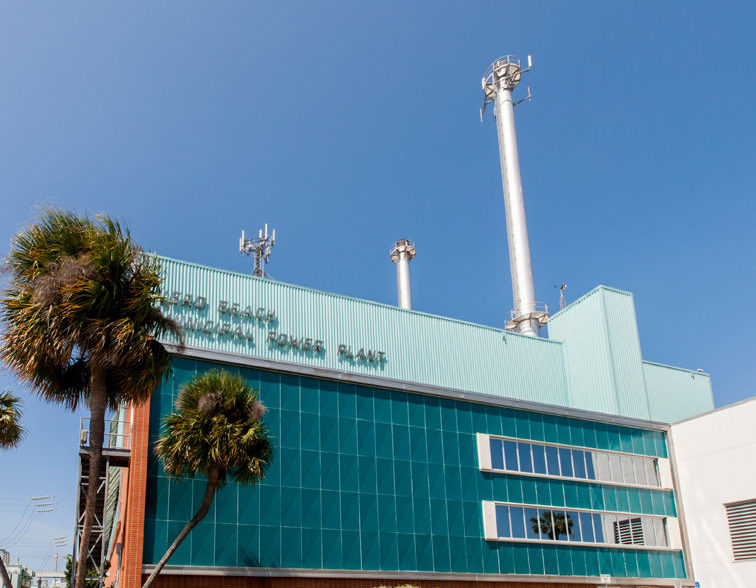
INDIAN RIVER COUNTY — Indian River County has made its case to the Florida Supreme Court for why the panel should overturn two February Public Service Committee rulings that would appear to keep south barrier island and many mainland county residents tied to service by Vero electric forever.
The 77-page document was filed last week as part of the Florida Public Service Commission’s appeals process, which leaves only the state’s high court as a remedy for utility customers who feel they got a raw deal before the unelected five-person bureaucracy that sits in Tallahassee as judge and jury on many utility matters.
County Attorney Dylan Reingold and the county’s outside utility legal counsel, Floyd Self, told the court that going to the PSC was not the community’s preferred action, but instead a necessary step once it became apparent that Vero would not or could not complete a deal to sell the entire Vero electric system and all Vero’s 34,000 customers to Florida Power and Light – a transaction the county argues would deliver the best result for all ratepayers.
“The Board (of County Commissioners) strongly supports the sale to FPL, but there are problems that currently prevent this desired outcome. Given the uncertainty of the sale and the escalating concerns of its citizens, the Board sought the PSC’s guidance through a declaratory statement,” the brief states.
The PSC in February denied a request by Indian River County to get answers to 14 questions – answers that would have clarified what the Board of County Commissioners is allowed to do in the lead-up to the day in March 2017 when Vero will no longer have a valid franchise within the county.
Commissioners have already issued the required document stating the county will not be renewing the franchise, which gives Vero the ability to use the county’s right of ways to provide electric service.
On the same day the PSC rejected the county’s request to have those questions answered, the PSC also ruled on questions posed by the City of Vero Beach, re-affirming its exclusive right and obligation to serve its entire PSC-granted territory, regardless of whether or not a franchise agreement exists.
The crux of the county’s appeal essentially revolves around the county’s home-rule powers.
Attorneys for the county argue that the PSC’s disregard of the county’s active franchise with Vero Beach for electric service in fact strips the county of its power over property rights, as it relates to the rights of way Vero must use to run lines and to locate poles, transformers and other equipment.
In other words, it renders the county’s franchise power meaningless and that – the county argues – is an overreaching by the PSC.
“If the city may use the county’s property solely at the PSC’s direction and authority, then the PSC is denying the county the ability to bargain for and be compensated for its property through a franchise fee,” which Reingold and Self say violates Florida law.
The county states that it does not dispute the PSC’s authority to designate service territories, but that the commission’s interpretation of the law upon which it rejected the county’s petition, yet ruled on Vero’s petition, seemingly casting aside the county’s franchise rights, is “clearly erroneous.”
“The county’s franchise authority is not limited by or subject to the PSC’s territorial orders,” the brief states.
The City of Vero Beach is obviously fighting this appeal, along with investor-owned and municipal utilities that want to keep their own electric service territories regardless of franchise agreements. But the county has some powerful friends, including the Florida Association of Counties and the Florida Association of County Attorneys.
Those groups, along with Escambia County, have filed motions to submit amicus briefs in the case.
Locally, residents watching the Town of Indian River Shores versus the City of Vero Beach electric utility lawsuit wind its way through Circuit Court will also likely keep an eye on the county’s case, as the town claims its home-rule powers already give the town jurisdiction over what company provides electric service within the its borders.
Shores officials maintain that the county’s situation is different from the Shores’ position as a municipality.
But if the county’s attorneys persuade the Florida Supreme Court to defend the county’s right to issue franchises and control who operates within the county and who uses county rights of way, that would bolster the Shores’ court case against Vero.



